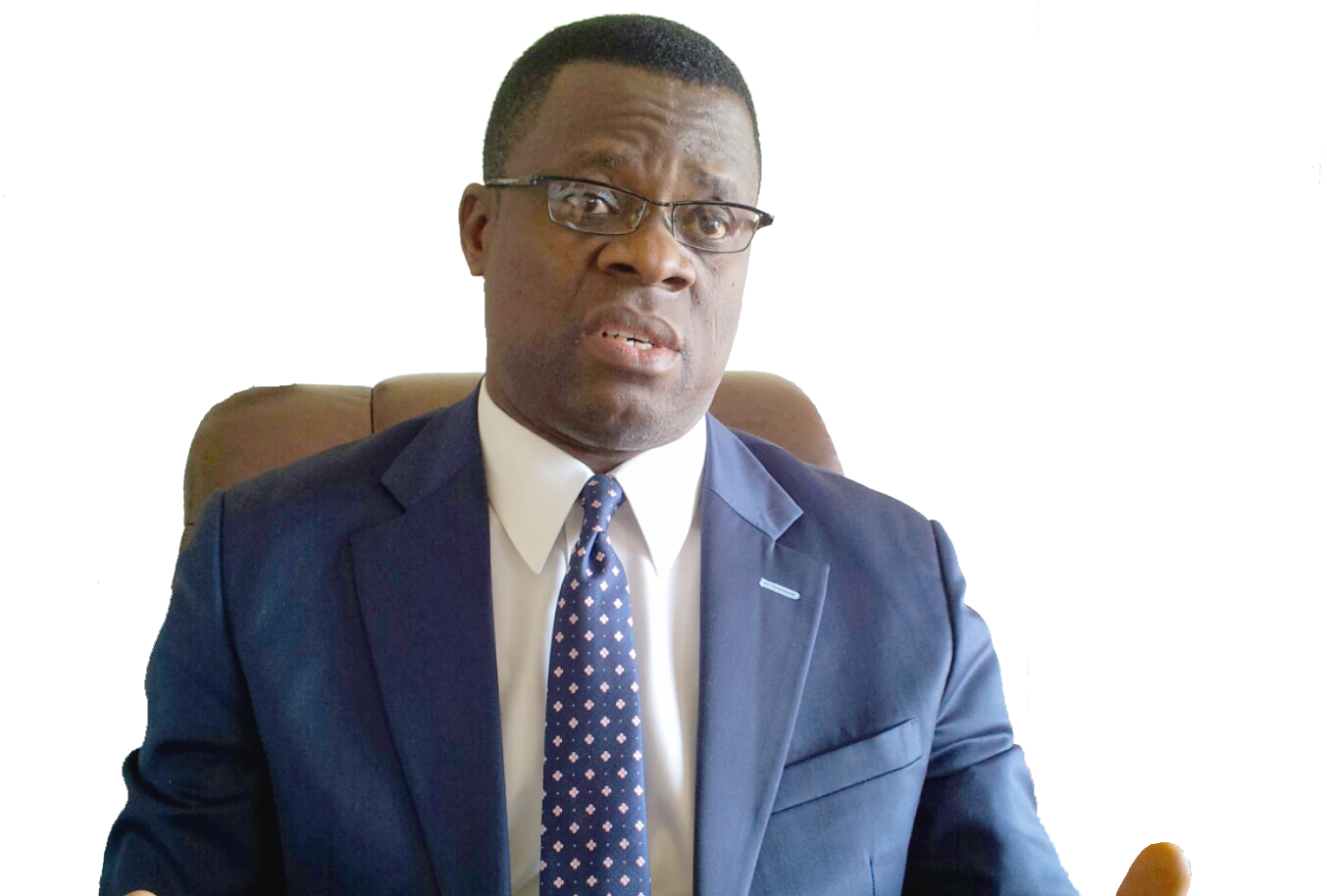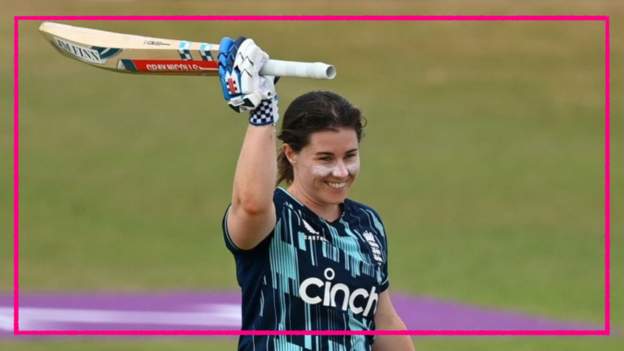Elections Act 2022: Why political parties don't need police permits for rallies - Mike Igini
PT: You have just retired as Resident Electoral Commissioner, what role should Nigerians expect of you as the country prepares for a crucial election in 2023?
Igini: Well, I think I should first correct this misuse of the term retirement for someone who was or is a political appointee whose term has expired being called a retiree. It is career civil servants who have passed the age of 35 or reached the age of 60, whichever comes first, who are rightly called retirees with benefits and pension. As a commissioner at INEC, a political appointment, I spent only ten years in the service of the country and I did not reach the age of sixty (60) but well below that age.< /p>
In relation to the upcoming 2023 election and having been an arbitrator for the past 10 years, I will abide by this provision and maintain neutrality in all my engagements on matters and matters relating to the 2023 election. But surely, the citizen's office will be active in partnership, but non-partisan, with well-meaning Nigerians to educate voters on why they should vote in the 2023 elections. I will in the coming days, through various public lectures, invite, educate and guide Nigerians on the various provisions of the 2022 Act and more importantly what they need to know about the various innovations that will secure their votes. Just last Thursday, September 22, the Nigerian Institute of Advanced Legal Studies organized a panel discussion, which I participated as a speaker, on the topic Electoral Democracy in Nigeria: Challenges and Opportunities in the new electoral law of 2022.
We join efforts to dispel some of the fears and doubts that are deliberately created to deter or discourage people from participating in elections.
PT: What laws guide political campaigns under the new 2022 law?
Igini: Thematically, the laws that regulate and guide political campaigning are very clear and unambiguous and must be strictly adhered to during campaign periods. Indeed, all the provisions of articles 91, 92, 93, 94, 95 and 96 aim to deal with recurring problems, denial of access to public facilities and media platforms. Therefore, these are mandates for unimpeded access to the use of state-owned or public venues and event centers such as stadiums, civic centers that may be used as places for gatherings or other similar political events, as well as access to public media platforms and also provisions for equal airtime parity for prime time news slot candidates. Therefore, no candidate should be denied access to state-owned facilities for the upcoming political campaigns leading up to the 2023 elections, as these facilities belong to all Nigerians whether they are party members in power or members of opposition parties.
The laws also restrict the hate speech we already experience, given the volatile comments from supporters of political interest groups on social media.
PT: But reports from different parts of the country show that political party candidates are being denied access to some of these facilities and that the police are preventing political rallies from taking place?
Igini: I read some of those reports. It is quite regrettable that political intolerance is already manifesting itself. And more disturbing, if not disturbing, is the report regarding the action of police officers who are legally mandated under the new law to still provide adequate security for political rallies and motorcades of political parties and their candidates, upon notification of these gatherings.

In fact, Section 91 categorically states that each state's Commissioner of Police must provide adequate protection to political gatherings and must be supported by Nigerian Civil Defense Corps personnel. I am shocked to read some of these reports that you referred to because sub-section (4) of this section itself says: "No registered political party in Nigeria, its aspirants or candidates shall be prevented from organizing rallies, procession or meeting at any time for their constitutional political purposes and the police shall resolve any dispute of time and place between and among the parties when it arises in a consultative and non-imposed manner....

PT: You have just retired as Resident Electoral Commissioner, what role should Nigerians expect of you as the country prepares for a crucial election in 2023?
Igini: Well, I think I should first correct this misuse of the term retirement for someone who was or is a political appointee whose term has expired being called a retiree. It is career civil servants who have passed the age of 35 or reached the age of 60, whichever comes first, who are rightly called retirees with benefits and pension. As a commissioner at INEC, a political appointment, I spent only ten years in the service of the country and I did not reach the age of sixty (60) but well below that age.< /p>
In relation to the upcoming 2023 election and having been an arbitrator for the past 10 years, I will abide by this provision and maintain neutrality in all my engagements on matters and matters relating to the 2023 election. But surely, the citizen's office will be active in partnership, but non-partisan, with well-meaning Nigerians to educate voters on why they should vote in the 2023 elections. I will in the coming days, through various public lectures, invite, educate and guide Nigerians on the various provisions of the 2022 Act and more importantly what they need to know about the various innovations that will secure their votes. Just last Thursday, September 22, the Nigerian Institute of Advanced Legal Studies organized a panel discussion, which I participated as a speaker, on the topic Electoral Democracy in Nigeria: Challenges and Opportunities in the new electoral law of 2022.
We join efforts to dispel some of the fears and doubts that are deliberately created to deter or discourage people from participating in elections.
PT: What laws guide political campaigns under the new 2022 law?
Igini: Thematically, the laws that regulate and guide political campaigning are very clear and unambiguous and must be strictly adhered to during campaign periods. Indeed, all the provisions of articles 91, 92, 93, 94, 95 and 96 aim to deal with recurring problems, denial of access to public facilities and media platforms. Therefore, these are mandates for unimpeded access to the use of state-owned or public venues and event centers such as stadiums, civic centers that may be used as places for gatherings or other similar political events, as well as access to public media platforms and also provisions for equal airtime parity for prime time news slot candidates. Therefore, no candidate should be denied access to state-owned facilities for the upcoming political campaigns leading up to the 2023 elections, as these facilities belong to all Nigerians whether they are party members in power or members of opposition parties.
The laws also restrict the hate speech we already experience, given the volatile comments from supporters of political interest groups on social media.
PT: But reports from different parts of the country show that political party candidates are being denied access to some of these facilities and that the police are preventing political rallies from taking place?
Igini: I read some of those reports. It is quite regrettable that political intolerance is already manifesting itself. And more disturbing, if not disturbing, is the report regarding the action of police officers who are legally mandated under the new law to still provide adequate security for political rallies and motorcades of political parties and their candidates, upon notification of these gatherings.

In fact, Section 91 categorically states that each state's Commissioner of Police must provide adequate protection to political gatherings and must be supported by Nigerian Civil Defense Corps personnel. I am shocked to read some of these reports that you referred to because sub-section (4) of this section itself says: "No registered political party in Nigeria, its aspirants or candidates shall be prevented from organizing rallies, procession or meeting at any time for their constitutional political purposes and the police shall resolve any dispute of time and place between and among the parties when it arises in a consultative and non-imposed manner....
What's Your Reaction?






















